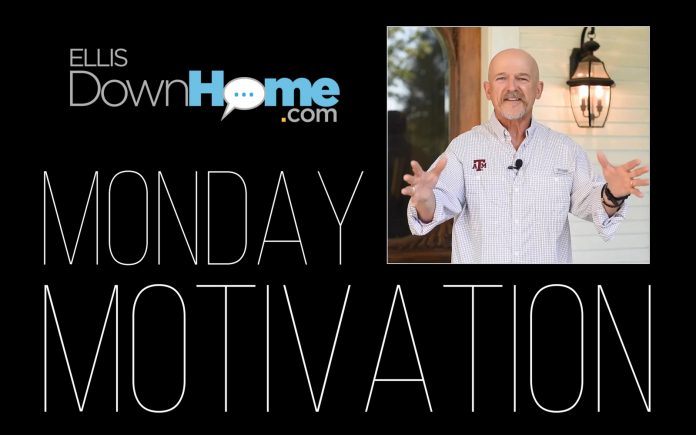
Today, public schools are simply not teaching how important the religious dimension was in shaping our history and our nation’s character. If you’ve never heard or read Rush Limbaugh’s “The Real Story of Thanksgiving,” I encourage you to do so. The following is my summary.
Early seventeenth century religious persecution by the Church of England under King James I, included imprisonment and execution. The Pilgrims fled first to Holland and then to the New World on August 1, 1620, arriving in November. The Mayflower Compact steeped in Old and New Testament principles was written in route by the leader William Bradford and established just and equal laws for all regardless of their religious beliefs.
According to Bradford’s detailed journal: They arrived to “a cold, barren, and desolate wilderness,” half of the pilgrims died in the first winter of starvation, sickness, or exposure, including Governor Bradford’s wife. When spring finally came, the Indians taught the settlers how to plant corn, fish for cod, and skin beavers for coats. Life improved for the Pilgrims, but they did not yet prosper!
This is important to understand. This is where modern American history lessons often end. Some textbooks explain Thanksgiving as a holiday for which the Pilgrims gave thanks to the Indians for saving their lives, not as a devout expression of gratitude grounded in the tradition of both the Old and New Testaments.
Here is the part that has been omitted. The original contract the Pilgrims had entered with their London merchant-sponsors called for all land, property, and product went to a common share and each member had one share. Incentive to work was minimal and expectation to do more considered unjust. Bradford, recognizing the threat to their survival and boldly changed the plan. All families were given a plot of land to work and manage, and from which to trade and profit, turning loose the power of the marketplace.
Eureka! Prosperity! The Pilgrims were saved by supply side economics exemplified in scripture.
In no time, the Pilgrims found they had more food than they could eat themselves. So, they set up trading posts and exchanged goods with the Indians. The profits allowed them to pay off their debts to the merchants in London, and the success and prosperity of the Plymouth settlement attracted more Europeans and began what came to be known as the “Great Puritan Migration.”
Long before Marx, the Pilgrims had discovered and experimented with what could only be described as socialism and cast it aside.
Would we be so divided today if this history was taught in our schools?
Thank God for these United States!






